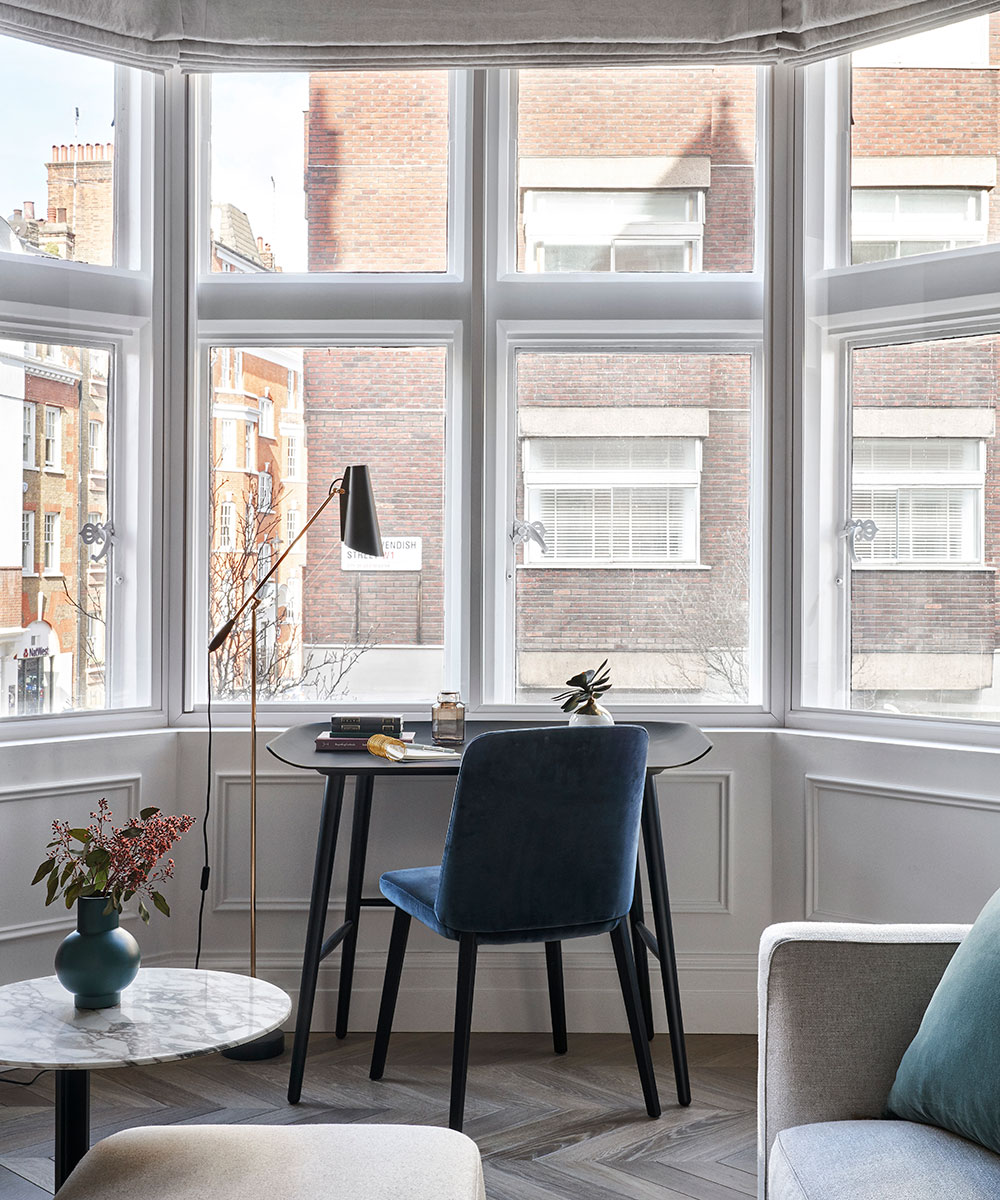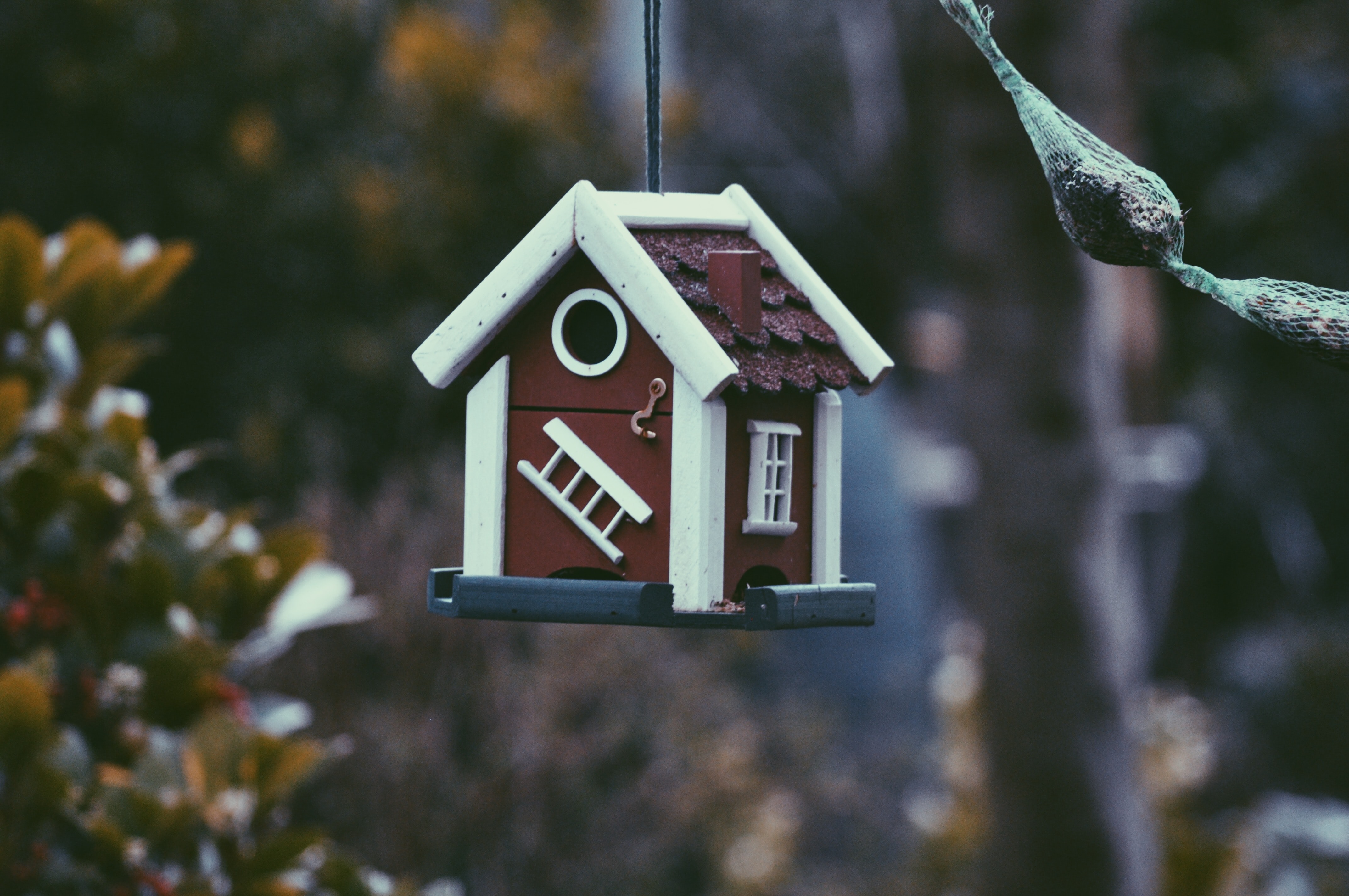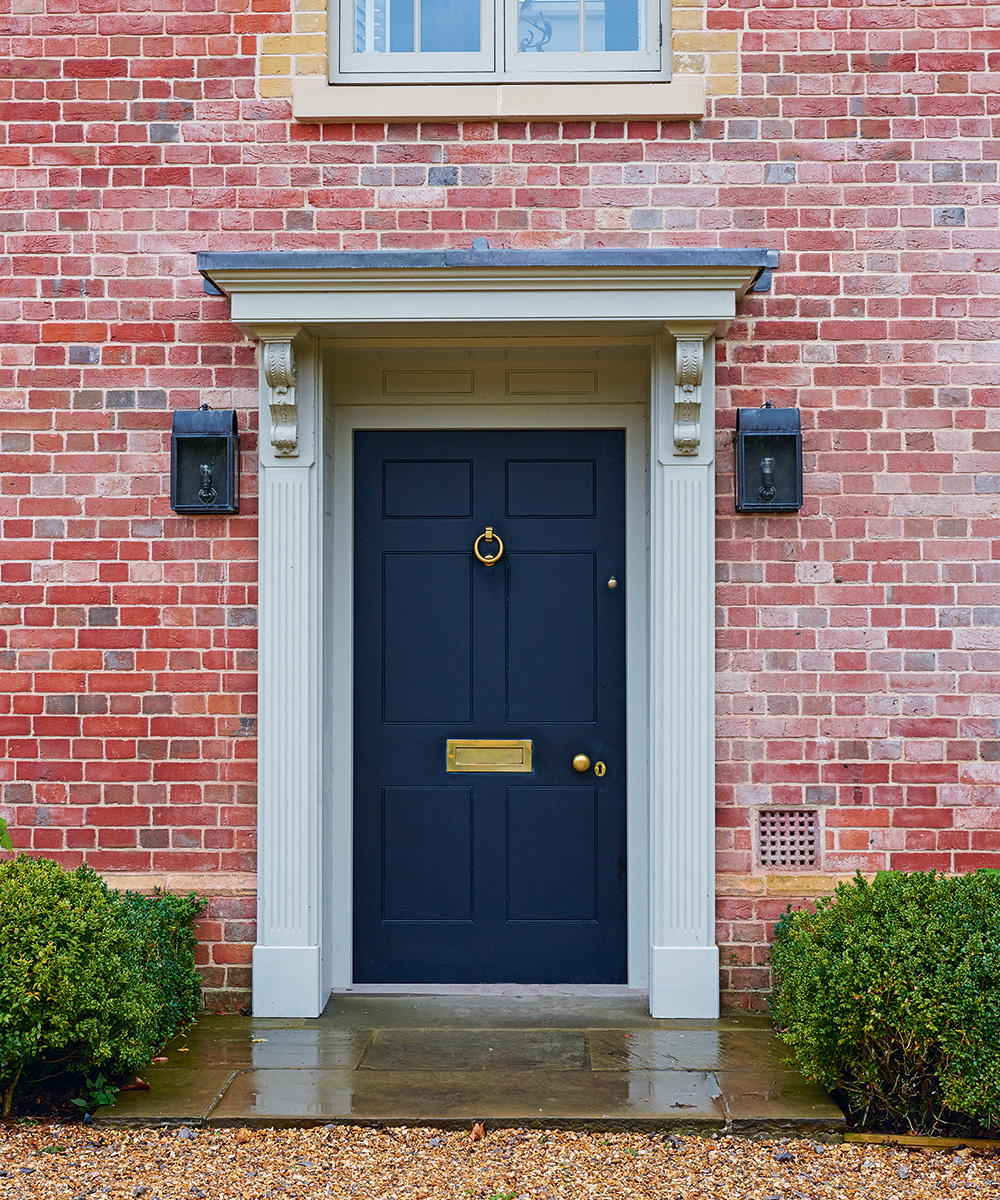How to buy a house – a first-time buyer's guide
Buying a property for the first time? These helpful suggestions will help you through the process


Design expertise in your inbox – from inspiring decorating ideas and beautiful celebrity homes to practical gardening advice and shopping round-ups.
You are now subscribed
Your newsletter sign-up was successful
Want to add more newsletters?

Twice a week
Homes&Gardens
The ultimate interior design resource from the world's leading experts - discover inspiring decorating ideas, color scheming know-how, garden inspiration and shopping expertise.

Once a week
In The Loop from Next In Design
Members of the Next in Design Circle will receive In the Loop, our weekly email filled with trade news, names to know and spotlight moments. Together we’re building a brighter design future.

Twice a week
Cucina
Whether you’re passionate about hosting exquisite dinners, experimenting with culinary trends, or perfecting your kitchen's design with timeless elegance and innovative functionality, this newsletter is here to inspire
First time homebuyers looking to purchase their first property can look to top tips from conveyancing experts to help them get on the property ladder.
Finding a first home isn’t always an easy process, but taking into account a number of factors such as budget, agents and negotiations will help first time homebuyers on their way to purchasing an abode.
From deciding on a budget figure, to sorting necessary paperwork and choosing a trusted conveyancer, the experts at JMP Solicitors, have compiled a list of top tips to help get you ready.
See: The expert home staging tips that you can do yourself
1. Decide on a realistic budget

When purchasing a home, the deposit isn’t the only cost you’re going to need to cover. As well as the budget for a deposit, which will be around 5%-20% of the value of the home, there will be a number of initial fees such as the valuation fee and the surveyors fee, as well as the additional parties to pay such as the lender/broker fees (if first time buyer, no estate agents fees) and the conveyancer.
There is then the fees associated with the mortgage including the booking fee, arrangement fee and mortgage valuation fee. We recommend saving an additional £2,500 on top of your deposit to cover the costs. Please be aware that if more than one person is purchasing and they have already owned a property then stamp duty will be payable even though the other person has never owned a property anywhere in the world before.
2. Find a suitable conveyancer

It’s important to find an experienced conveyancer who will provide a thorough service when you’re buying a home. Your conveyancer will be able to give legal advice, handle contracts, undertake important searches, deal with the Land Registry, and the transfer of funds.
Design expertise in your inbox – from inspiring decorating ideas and beautiful celebrity homes to practical gardening advice and shopping round-ups.
Many estate agents will recommend a conveyancer, but it’s important to undertake your own research to make sure you find the right one for your particular purchase. Ensure that they are certified by either the Solicitors Regulatory Authority or Council for Licensed Conveyancers or the Law Society.
See: The best kitchen design ideas, according to interior designers
3. Take extra care filling out paperwork

Miswritten paperwork is a common cause of delays when it comes to buying your home. It is important to ensure you read all contracts in full detail and fill in all paperwork openly and honestly. Any incorrect paperwork could lead to a great deal of legal problems in the future. Taking a little extra caution when filling in forms and applications can save you a great deal of time in the long run.
4. Be patient

While you may be itching to get into your new home, it is vital that all aspects of the process are dealt with thoroughly. Sometimes the conveyancing process may involve a lot of paperwork and additional enquiries, but it is important to understand that all the legal aspects are being done in your best interests as a first-time home buyer. Aside from conveyancing, the mortgage arrangements, estate agent negotiations and the actual moving in process will also take some time.
See: How to shop for antiques – The experts reveal their favorite treasure hunting techniques
5. Uphold good communication with your agents

Ensure you are always kept in the loop with the seller, your estate agent, mortgage advisor and conveyancer. When you have decided on a property, you want the process to be as smooth and hassle free as possible, so don’t be afraid to keep pestering your agents.
In the same way, make sure to keep your phone on at all times in case you need to be informed of any major turning points. Additionally, keep up to date with your emails, including checking your junk, as conveyancers will often send over documents via email.
6. Ensure you are satisfied with your final arrangements

For first time home buyers, you may go into a contract not fully understanding what is in your best interests. Your conveyancer will be able to provide you with the best possible advice to ensure you get the best deal for the short and long term. If at any time you are not satisfied with your agreements, it is vital you speak with your conveyancer and they will endeavor to resolve any issues before it is too late.

Jennifer is the Digital Editor at Homes & Gardens, bringing years of interiors experience across the US and UK. She has worked with leading publications, blending expertise in PR, marketing, social media, commercial strategy, and e-commerce. Jennifer has covered every corner of the home – curating projects from top interior designers, sourcing celebrity properties, reviewing appliances, and delivering timely news. Now, she channels her digital skills into shaping the world’s leading interiors website.